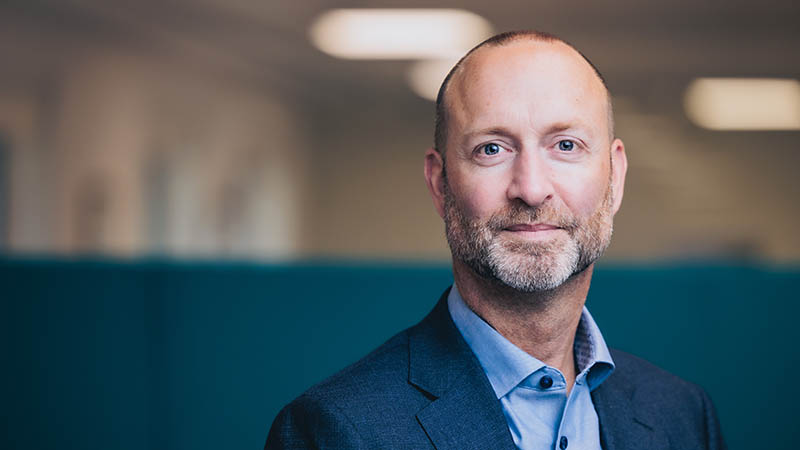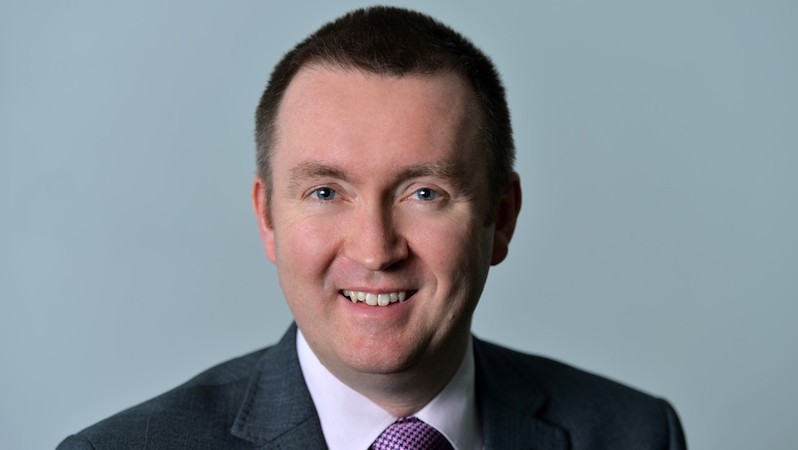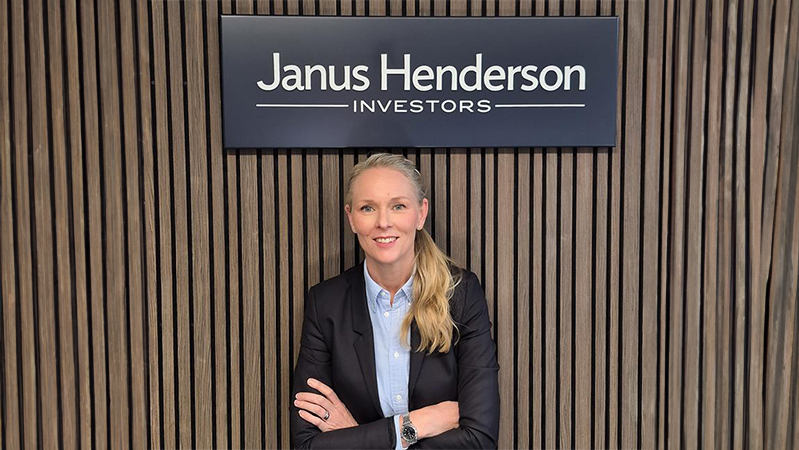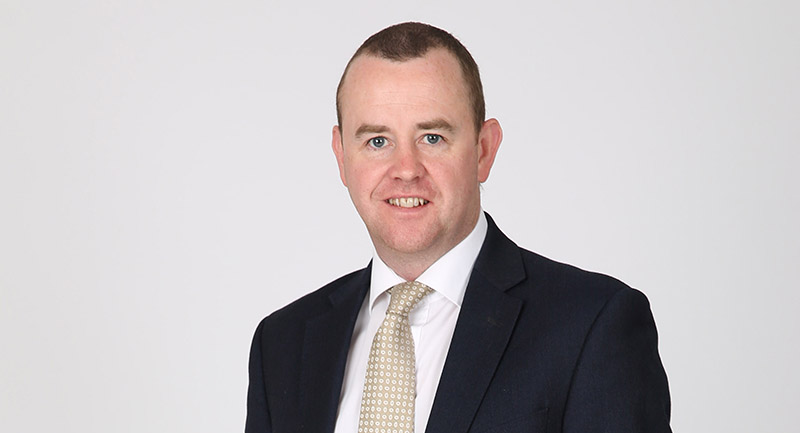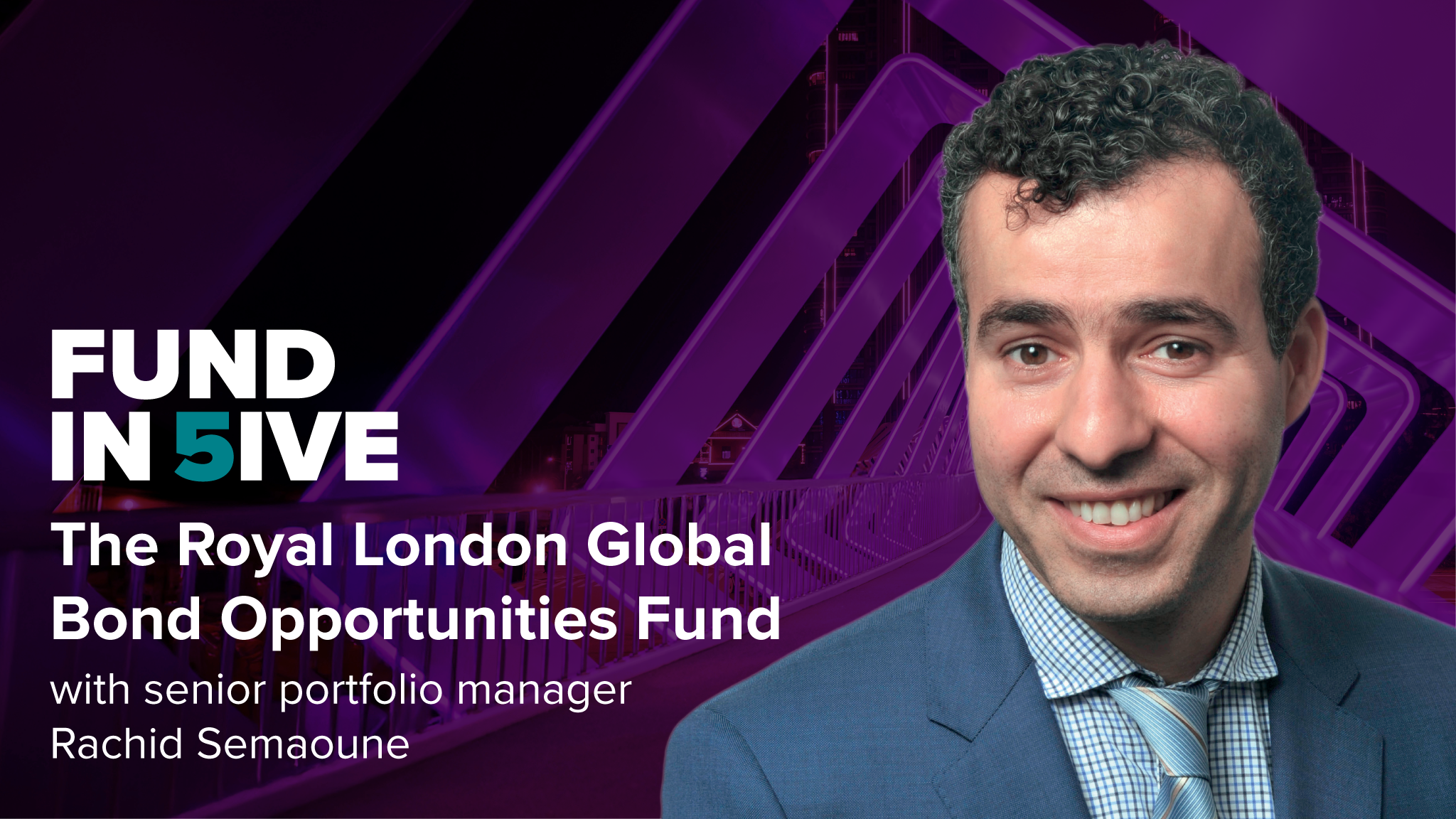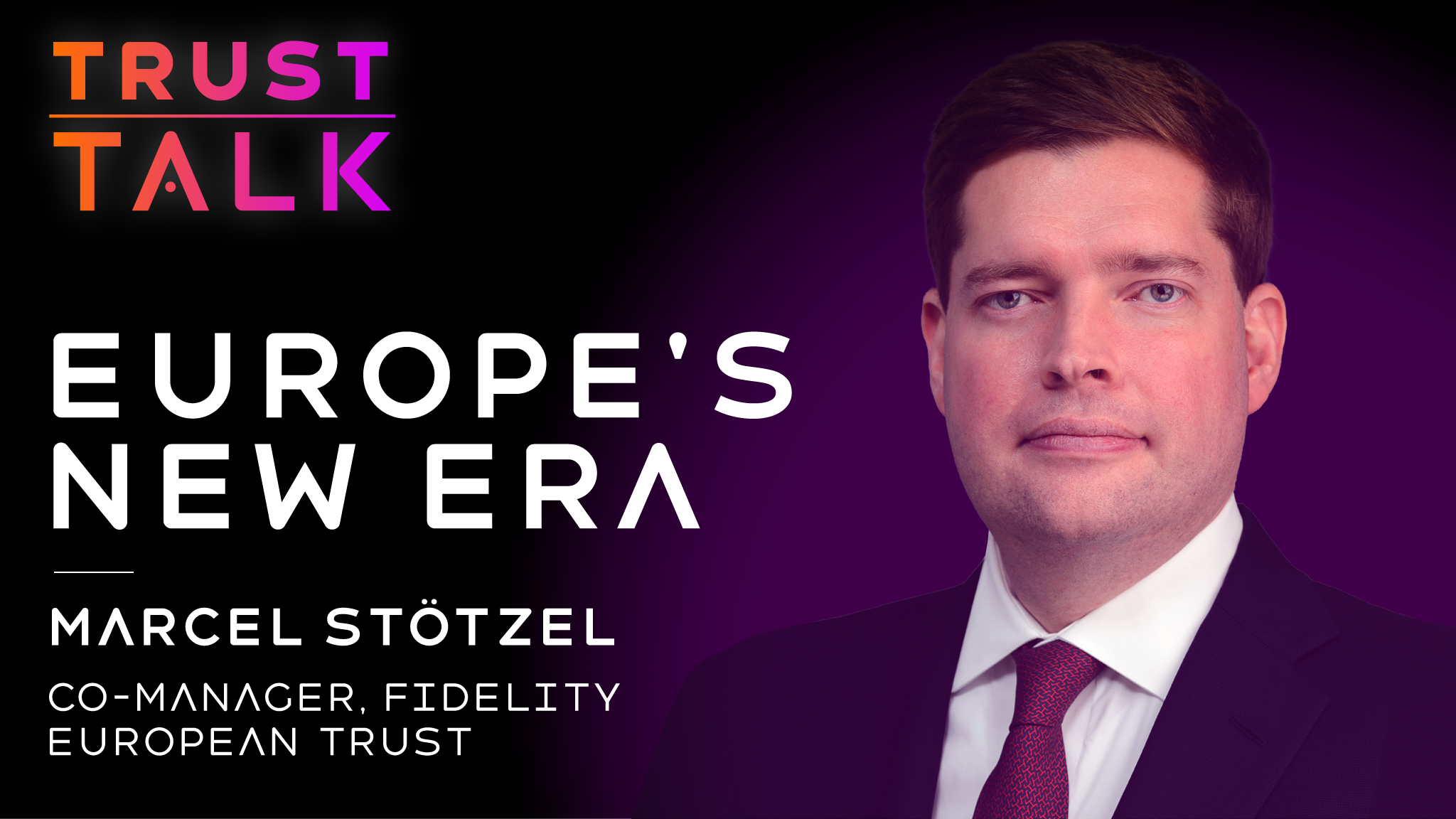The eyes of the financial word turn to tiny Jackson Hole, Wyoming, on Thursday for the annual three-day central bank symposium.
During the gathering of economists and academics, Federal Reserve chair Jerome Powell will deliver a speech at 10:05am ET (3:05pm in the UK) on Friday.
With this year’s symposium entitled ‘Structural Shifts in the Global Economy’, interest rates and inflation are expected to dominate the agenda.
Previewing the meeting, industry commentators have debated both the importance of the annual meeting and the topics they expect to be discussed.
Victoria Scholar (pictured), head of investment at platform Interactive Investor, said all eyes will be on Powell’s address on Friday for clues on the future path for interest rates and whether the ideal ‘soft-landing’ scenario – in which inflation comes down without a recession – can realistically be achieved.
See also: Calls for judicial review into FCA as investment trust sector faces extinction
‘Pivotal’ time for central bank policy
Last year, Powell adopted a hawkish stance on tackling inflation, bluntly saying that combatting it would “bring some pain to households and businesses”.
US inflation stood at 8.5% when Powell made that address last August, and since then has been true to his word. Going into this year’s gathering, inflation has been pulled down to 3.2% through a series of rate rises, though this is still above the Fed’s 2% target.
This time around, Ben Laidler, global markets strategist at Etoro, said markets will be hoping Powell can walk the fine line between continuing to tame inflation but also soothing “worried” capital markets.
He added: “It’s a pivotal time with the world’s most important central bank potentially now finished with its dramatic interest rate upcycle that saw 11 hikes in just 18 months, while at the same time long term US government bond yields have soared to a 15-year high. This has tightened financial conditions for consumers and companies and set the tone globally.
“Markets will be looking to Jay Powell’s 10am ET speech Friday for signs that the Fed rate hiking cycle is likely over, even if rate cuts are not coming soon. Investors will also be hoping not to see a repeat of last year’s eight minutes of inflation-fighting tough talk that sank markets.”
Could a ‘non-event’ spark a rally?
Following last year’s eight-minute speech from the Federal Reserve chair, markets sank as they ingested Powell’s hawkish inflationary stance. Stephen Auth, CIO for equities at Federated Hermes, said that this year, a relative ‘non-event’ could spark a rally.
He said: “Many are worried that given the continued strong US GDP numbers, along with historically low unemployment, Fed Chair Jay Powell will use this week’s Jackson Hole speech to reiterate his ongoing concerns about inflation. Bring it on, we say!
“One risk for the Fed of now arriving so close to its inflation target is that the bond market gets ahead of it and restimulates the economy with a big shift down in yields. Already, bonds are pricing in three Fed cuts in 2024, and too dovish an update next week could bump rate cut expectations even higher. Powell is on to this and will be unlikely in our view to surrender the hard-won credibility gains of the past year with a premature shift back to policy looseness.
“On the other hand, with inflation clearly in decline and the deflationary pressures now looming from China, it will be hard for Powell to credibly appear too hawkish. And importantly, the more hawkish Powell remains, the more cautious business managers and even labour union leaders will behave, keeping inflation trends positive.
“Net, we expect Jackson Hole to be a non-event, and given the concerns leading into it, this itself might be enough to spark a rally.”
See also: Five US funds achieving stellar returns without riding the coat tails of the S&P 500 index
Richard Flynn, managing director at Charles Schwab UK, believes investors may get a glimpse of how central bank policy around the world may diverge from interest rate hikes over the coming months.
He said: “The rate hike cycles for the biggest central banks, the US Federal Reserve and the European Central Bank, appear to be over. Policy is now diverging, with the Bank of Brazil and other emerging-market economies starting to cut rates, joining the People’s Bank of China in more accommodative monetary policy.
“In contrast, the Reserve Bank of Australia is on pause and the Bank of England is likely to continue to hike rates. Perhaps most significantly, a potential unwinding of the yen carry trade could roil markets. These shifts could mean more volatility in currencies, interest rates and stocks. This year’s Symposium may provide an early indication of the scale of the potential divergence between the central banks.”

